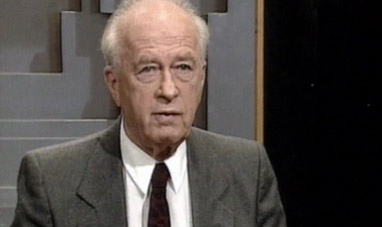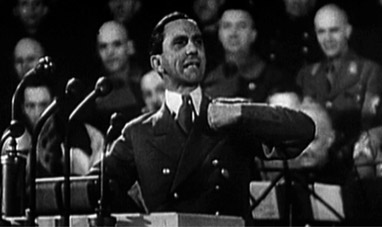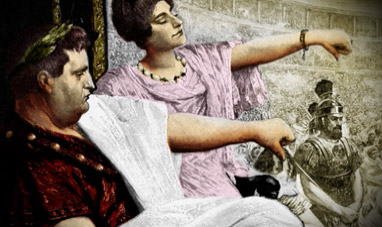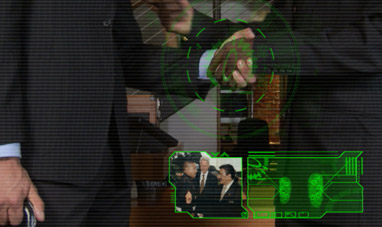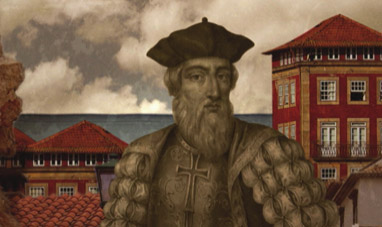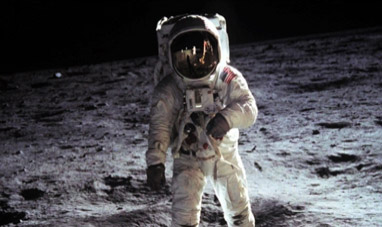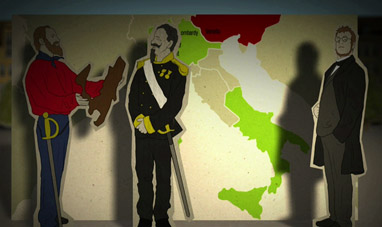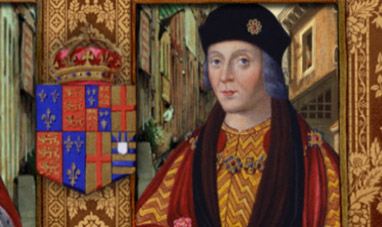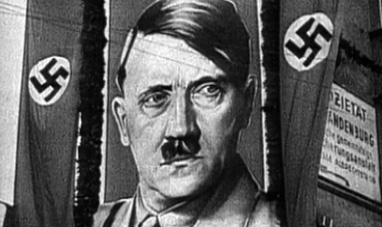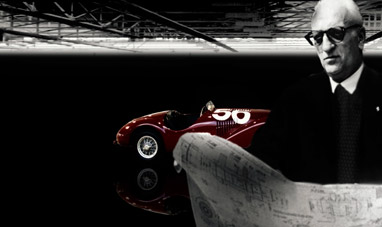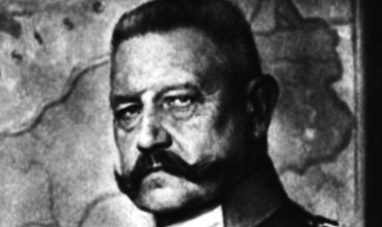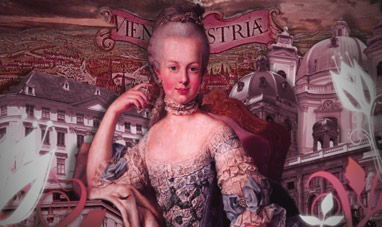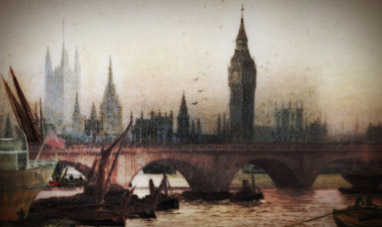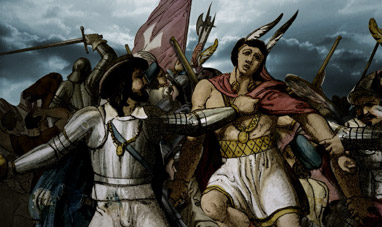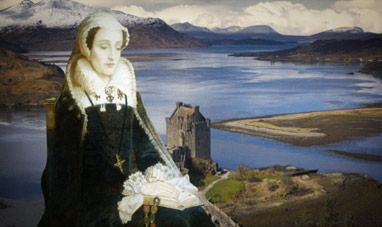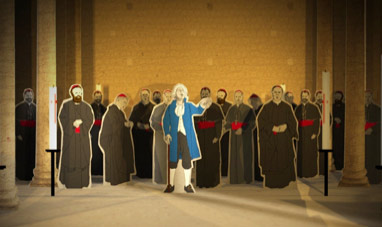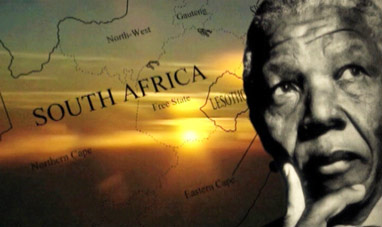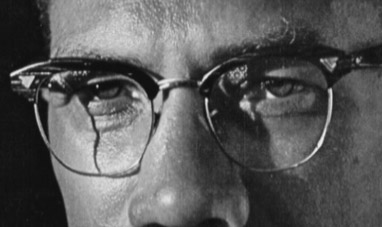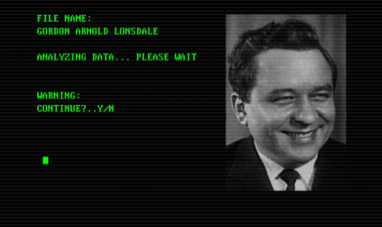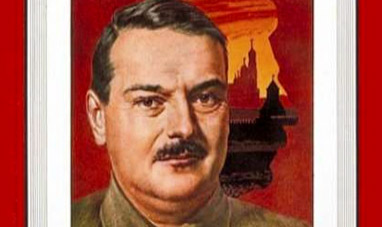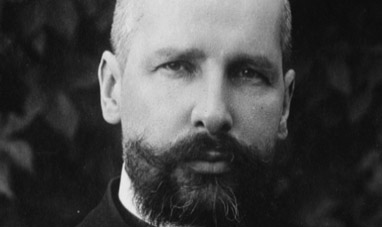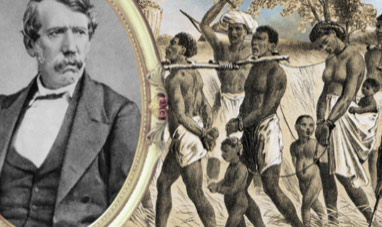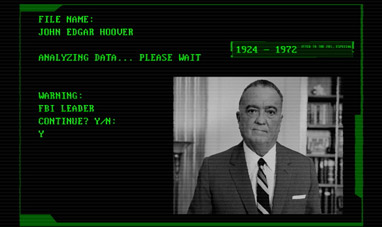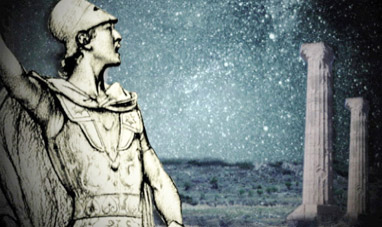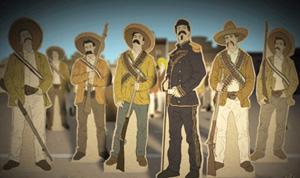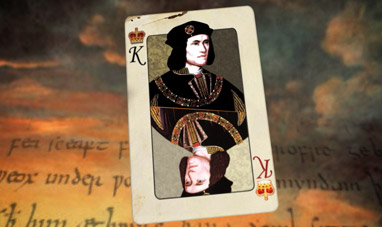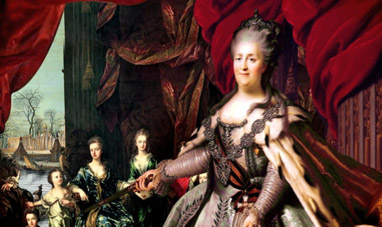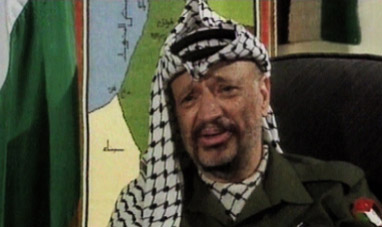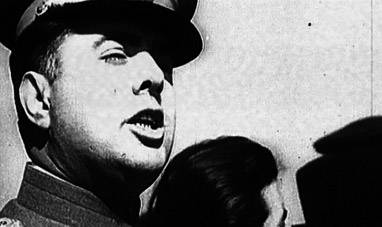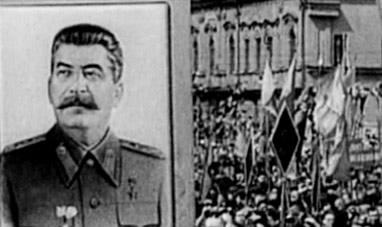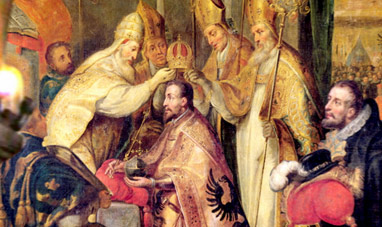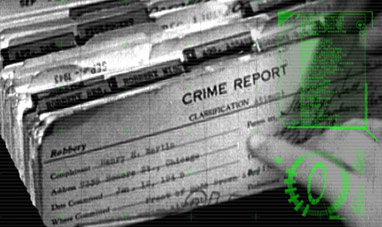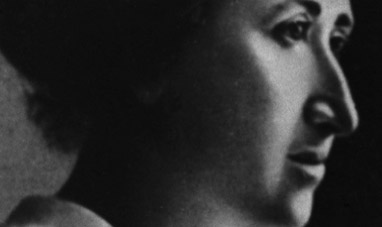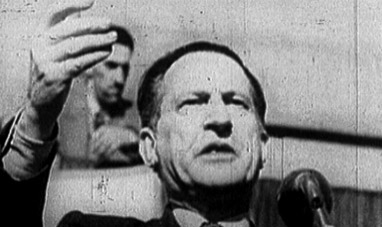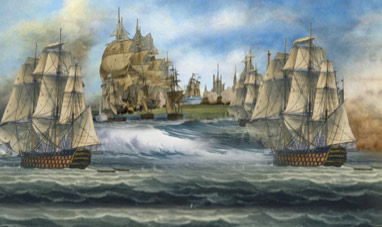Margaret Thatcher, nicknamed the Iron Lady, was the prime minister of England from 1979 to 1990. Born to a pharmacist and a seamstress on October 13, 1925 in Grantham, Margaret Hilda Roberts earned a degree in chemistry at Oxford in 1947. Her debut in politics came in the 1950s. Running on the Conservative ticket, she became the youngest women ever to run for Parliament, although she ultimately lost the elections. She married Denis Thatcher, a businessman, in 1951, and two years later became a lawyer. Her political career took off after being elected a deputy in the House of Commons in 1959. Ten years later, she was made Education Minister in Edward Heath’s government.
Heath lost the 1974 elections. Supported by the right wing of her party, Thatcher became the leader of the Conservatives. In June 1979 she won the general elections, becoming the first woman in Europe to serve as a prime minister. Britain was suffering. The economy was on the rocks, unemployment was sky-high, and there was a great deal of social malcontent. Thatcher took charge of the situation, cutting social spending, privatizing a slew of state-owned companies and suspending business subsidies. Many factories were forced to close and joblessness rose even higher. Thatcher’s popularity sank. But her unexpected decision to recapture the Falkland Islands, which had been temporarily occupied by Argentina, and the rapid British triumph in the ensuing war, bolstered her image. She won a crushing victory in the 1983 general elections. During her second term Thatcher pushed forward her quest to overhaul the economy. She privatized most of the national health and school systems, making them more efficient. She dismantled sections of heavy industry that were no longer productive, spurring growth in the service and technology sectors. She also emerged the winner in a long and hard-nosed battle with labor unions in her quest to close coal mines that were running at a loss.
Thatcher’s reforms began to bear fruit as unemployment and inflation declined and economic growth accelerated. England’s “conservative revolution” was mirrored across the Atlantic by similar free-market policies enacted under US President Ronald Reagan, with whom Thatcher also shared a strong opposition to Communism. In 1987, Thatcher won elections for the third time and began a new term. The mood, however, had changed. Northern regions and the English Midlands had not benefited from the economic recovery and turned against her. Things drew to a head in 1990. Her strong anti-European stance caused rifts within the Conservative party, while the introduction of a poll tax, a levy not linked to income, triggered angry protests. Margaret Thatcher was forced to resign. In 2002, the Iron Lady retired definitively from political life. Successive governments left most of her reforms in place.
Heath lost the 1974 elections. Supported by the right wing of her party, Thatcher became the leader of the Conservatives. In June 1979 she won the general elections, becoming the first woman in Europe to serve as a prime minister. Britain was suffering. The economy was on the rocks, unemployment was sky-high, and there was a great deal of social malcontent. Thatcher took charge of the situation, cutting social spending, privatizing a slew of state-owned companies and suspending business subsidies. Many factories were forced to close and joblessness rose even higher. Thatcher’s popularity sank. But her unexpected decision to recapture the Falkland Islands, which had been temporarily occupied by Argentina, and the rapid British triumph in the ensuing war, bolstered her image. She won a crushing victory in the 1983 general elections. During her second term Thatcher pushed forward her quest to overhaul the economy. She privatized most of the national health and school systems, making them more efficient. She dismantled sections of heavy industry that were no longer productive, spurring growth in the service and technology sectors. She also emerged the winner in a long and hard-nosed battle with labor unions in her quest to close coal mines that were running at a loss.
Thatcher’s reforms began to bear fruit as unemployment and inflation declined and economic growth accelerated. England’s “conservative revolution” was mirrored across the Atlantic by similar free-market policies enacted under US President Ronald Reagan, with whom Thatcher also shared a strong opposition to Communism. In 1987, Thatcher won elections for the third time and began a new term. The mood, however, had changed. Northern regions and the English Midlands had not benefited from the economic recovery and turned against her. Things drew to a head in 1990. Her strong anti-European stance caused rifts within the Conservative party, while the introduction of a poll tax, a levy not linked to income, triggered angry protests. Margaret Thatcher was forced to resign. In 2002, the Iron Lady retired definitively from political life. Successive governments left most of her reforms in place.

